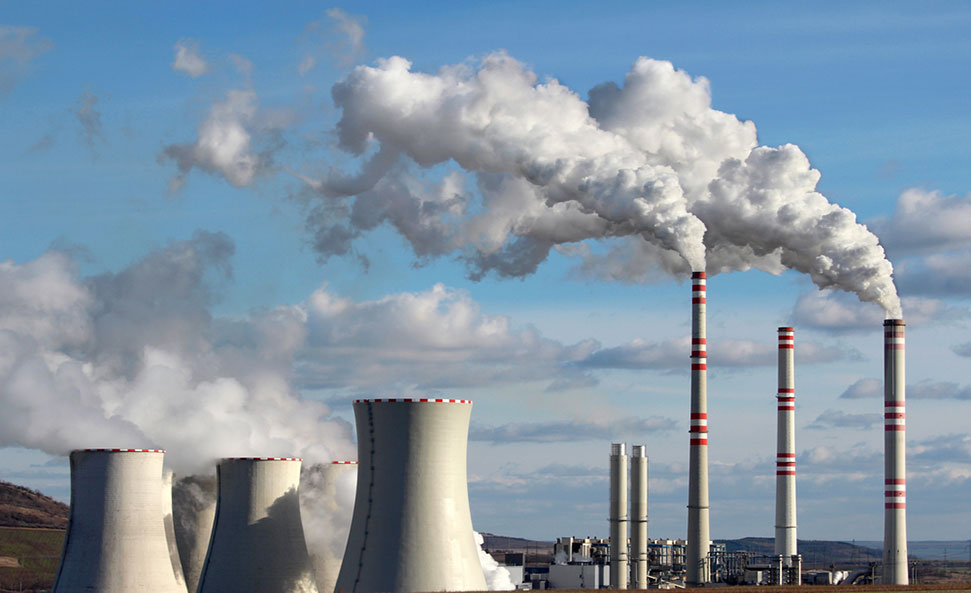Almost half of experts surveyed by a climate thinktank believe that China’s carbon dioxide emissions have already peaked, or will do so in 2025, reflecting increasing optimism about the country’s green transition at a time when it is being called on to take a leading position on global climate action.
In a report published on Tuesday by the Centre for Research on Energy and Clean Air (CREA), a research organisation, 44% of climate experts from academia and industry believe that China’s CO2 emissions will peak, at the latest, in 2025. In last year’s survey, only 21% of experts gave the same response.
There is also more optimism about China reducing its reliance on coal. Asked if they believed that its coal consumption had already peaked, 36% of experts said yes, up from 20% last year.
China’s official targets are to reach peak carbon emissions by 2030 and to achieve carbon neutrality by 2060. Beijing has also pledged to “strictly control” the use of coal during the 14th ”five-year plan”, which covers the period until the end of 2025.
Coal accounts for nearly 80% of China’s fossil fuel emissions.
Read also: Developing nations say $300bn COP29 deal inadequate
“China already plans to reduce its coal consumption after 2026 but this cut will definitely have to be pretty drastic and fast if China wants to achieve the 2060 carbon neutrality goal,” said Wang Xiaojun, the founder of People of Asia for Climate Solutions, a climate NGO based in Manila.
But leaders’ concerns about energy security, which intensified after several parts of China experienced power blackouts in 2021 and 2022, and after the war in Ukraine destabilised oil supplies, means that “China has not yet talked about coal phase-out”, said Wang. That is despite the fact that energy experts argue greater diversity in China’s energy mix and improvements to renewable energy infrastructure are also effective ways of ensuring energy security, without relying on backup coal-fired power plants.
China is also a world leader when it comes to investing in clean energy. Previous analysis by Lauri Myllyvirta, lead analyst at CREA, found that clean energy contributed a record 11.4tn yuan (£154.4bn) to China’s economy last year, and was the biggest driver of GDP growth.
In the past two years, China has focused on rebuilding its post-Covid economy by pivoting towards hi-tech, green industries. These have been called the “new three”: solar panels, electric vehicles and batteries, and have attracted huge levels of investment.
Shi Xunpeng, one of the CREA report’s authors, said: “Clean energy industries have emerged as key drivers of economic growth. As China continues its transition, the benefits are becoming increasingly clear.”
Analysts are also focused on whether China can reduce the carbon intensity of its economy – the amount of CO2 released to produce a single unit of electricity.
Story was adapted from the Guardian.
